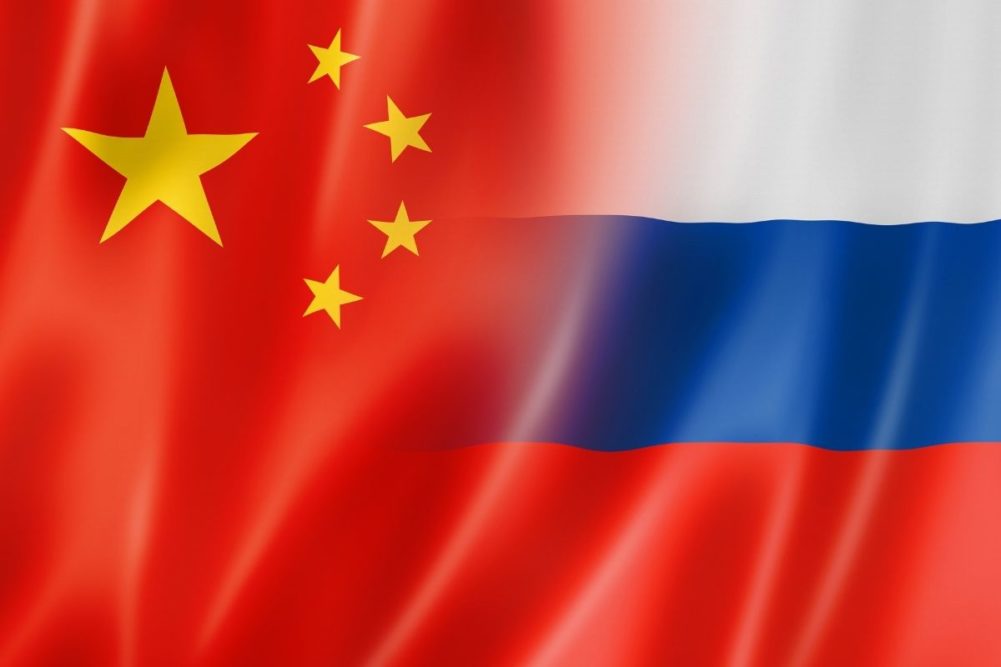VLADIVOSTOK, RUSSIA — Multiple deals signed by Chinese and Russian officials on Sept. 11 are designed to efficiently move Russian grain to China, and include creation of a new grain hub at the border of the two countries, the South China Morning Post reported.
The agreements were signed at the Eastern Economic Forum in Vladivostok, Russia. The new logistics hub, known as the “Grain Terminal Nizhneleninskoye-Tongjiang,” will be located between Vladivostok in Russia’s far east and China’s northeastern province of Heilongjiang.
Partners in the project include the New Land Grain Corridor, a group of companies managing the development of grain production and infrastructure in the Ural Mountains, and China Chengtong International Investment.
Officials said the project is a continuation of the current agreement on strategic cooperation and expansion of mutual trade and is the next step in the “New Russia-China Land Grain Corridor” program.
The Trans-Baikal Grain Terminal also secured a contract with China’s Guangdong BestCon Intelligent Equipment firm on Sept. 11 to create the first specialized land grain fleet in Russia.
Under that contract, 22,000 specialized grain containers will be made to transport up to 600,000 tonnes of grain with a maximum storage capacity of up to 8 million tonnes per year.
Russia’s EPT Production and Export Company, which is also part of the corridor group, finalized two contracts on Sept. 11 for the production and supply of grain, legumes and oilseeds with Noble Home, a Chinese trading company, and the Chinese transport and logistics company Trans Eurasia International Logistics.
Bilateral economic cooperation between the two countries has accelerated in the last year, as tensions with the West have restricted trade, the South China Morning Post said.
Russia is China’s second largest source of crude oil after Saudi Arabia. China-Russian trade value has increased 32% from a year ago to $155.1 billion in the first eight months of this year.
A large portion of that was oil and natural gas, but imports of Russian agricultural products such as soybeans and rapeseed oil, have increased rapidly.



